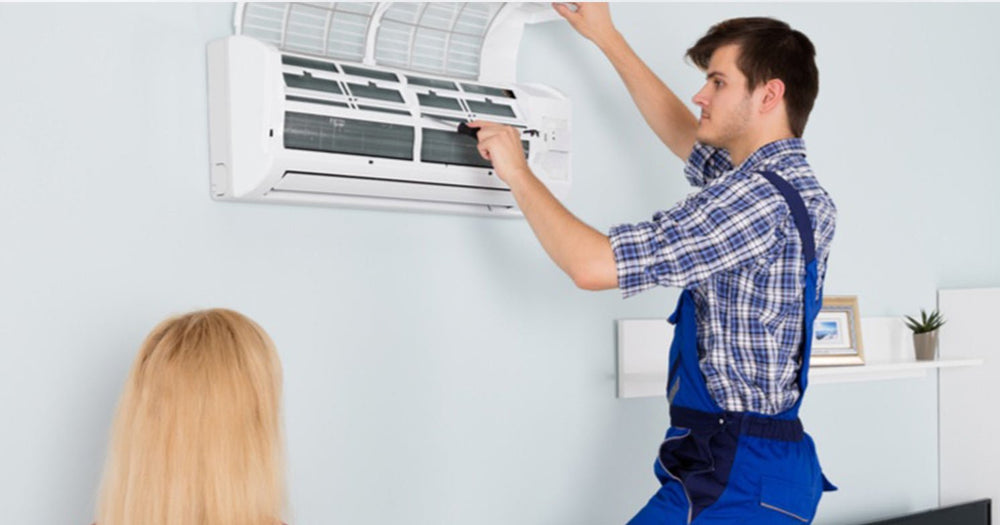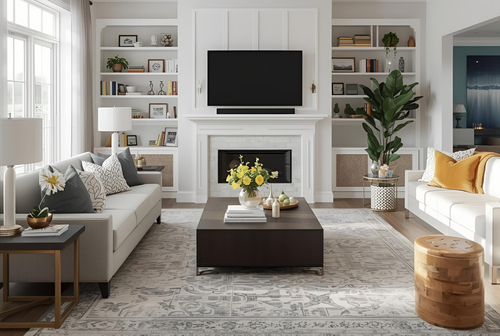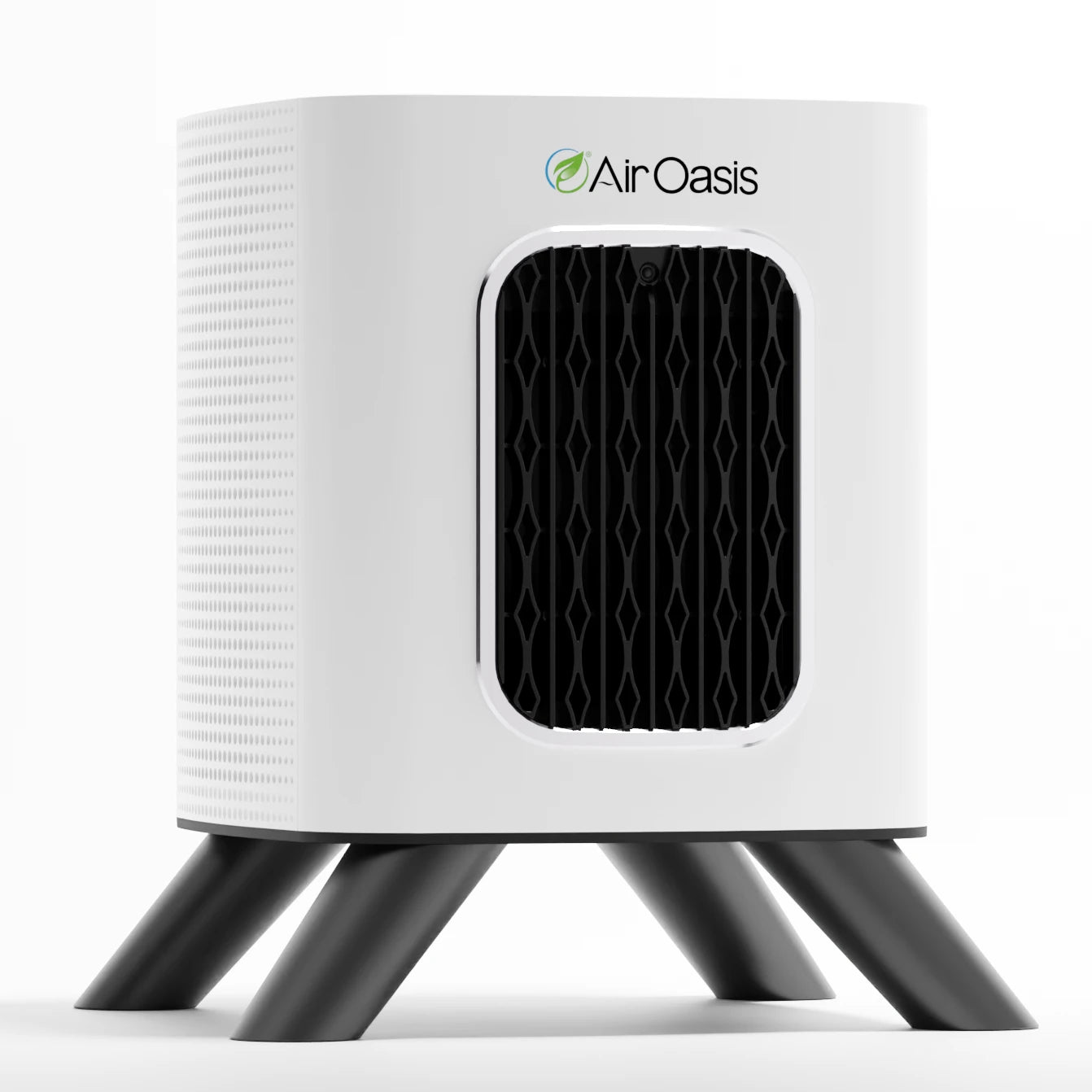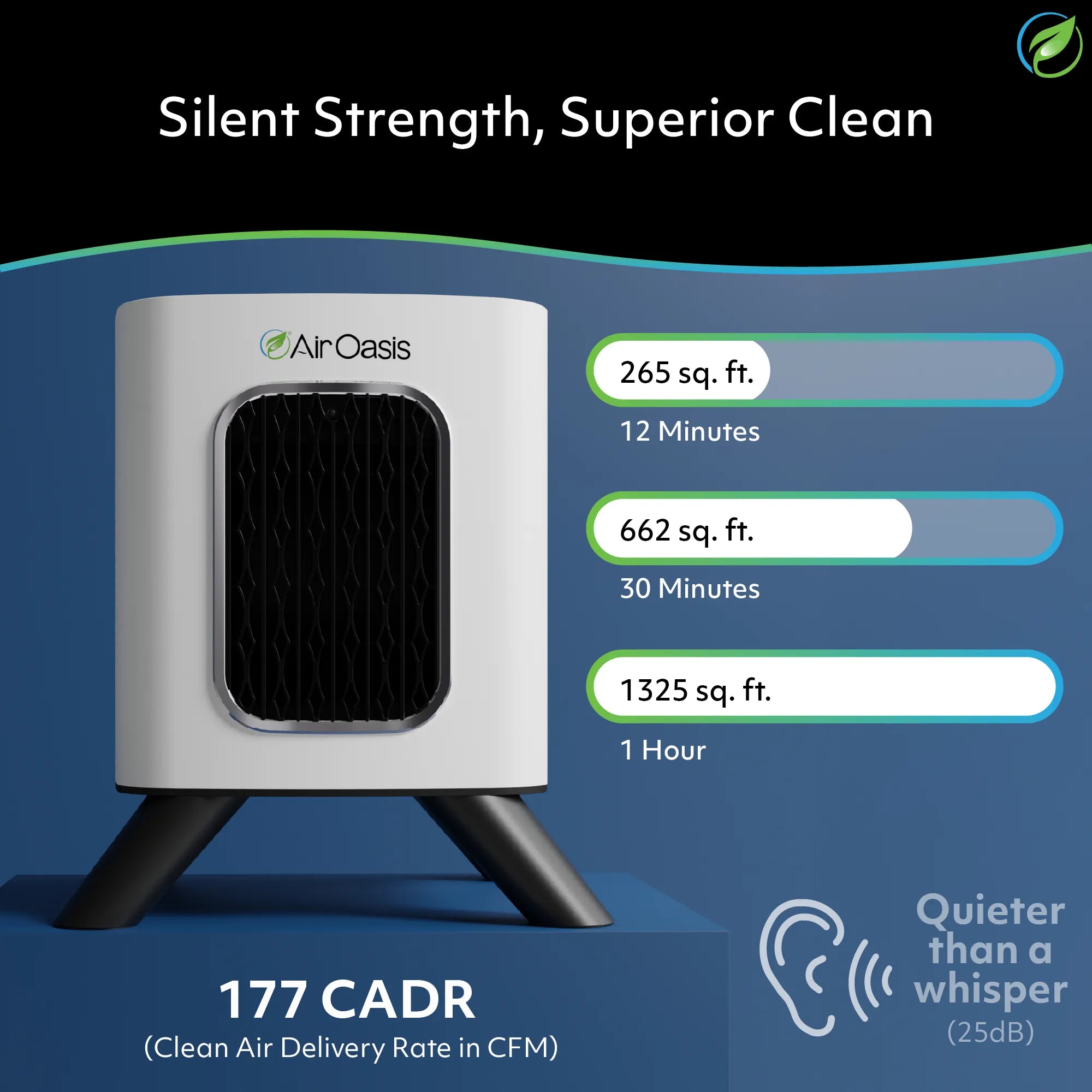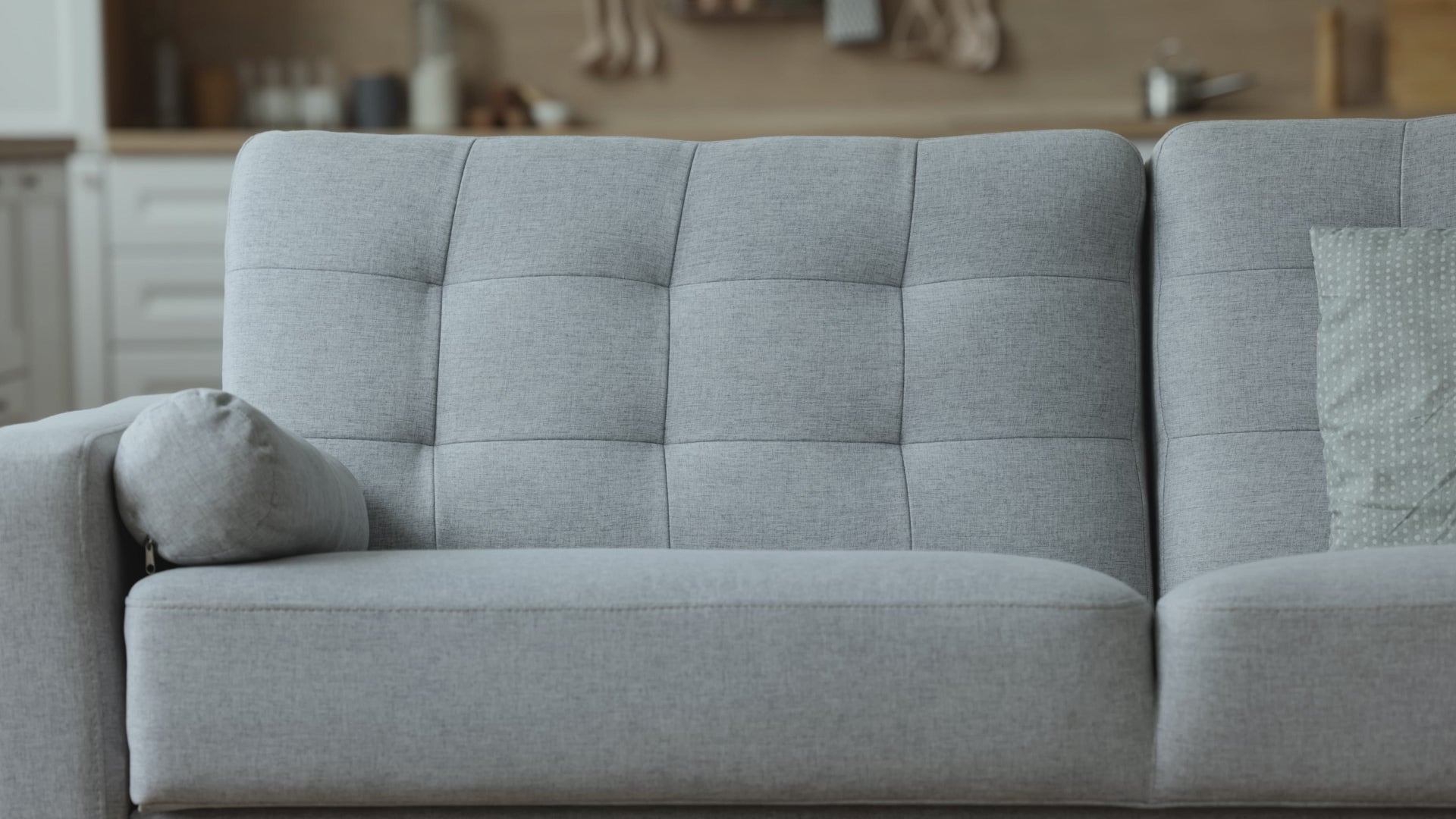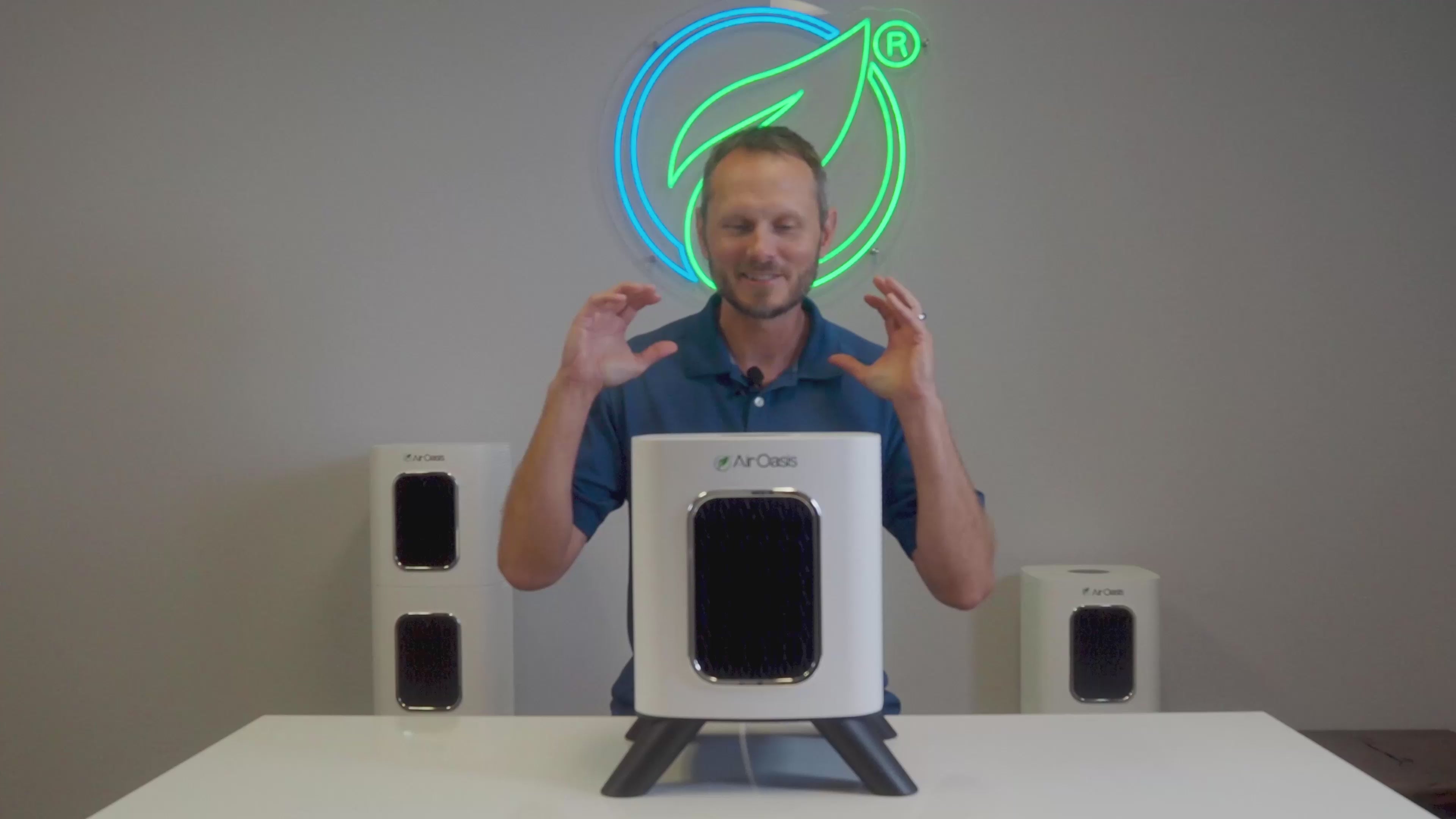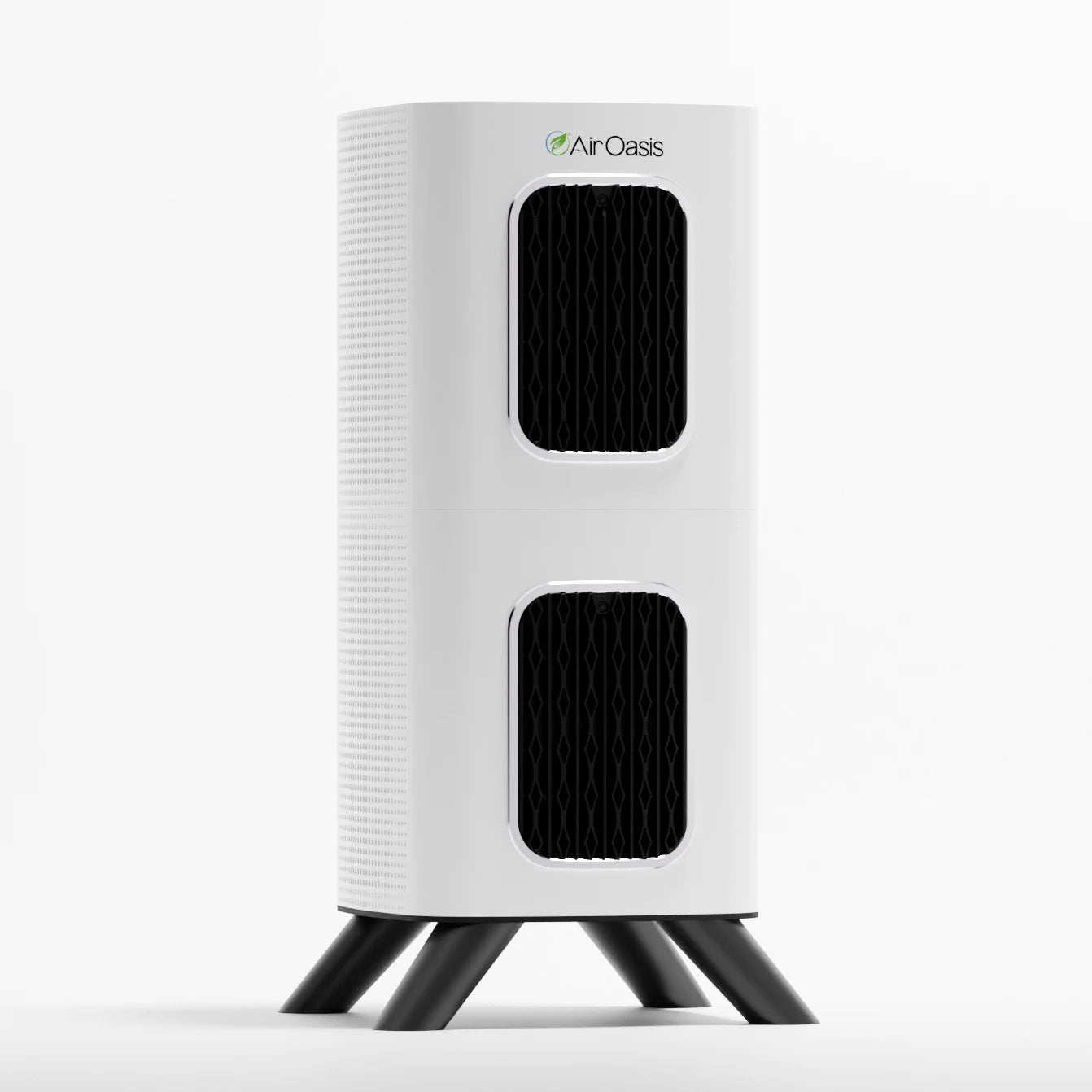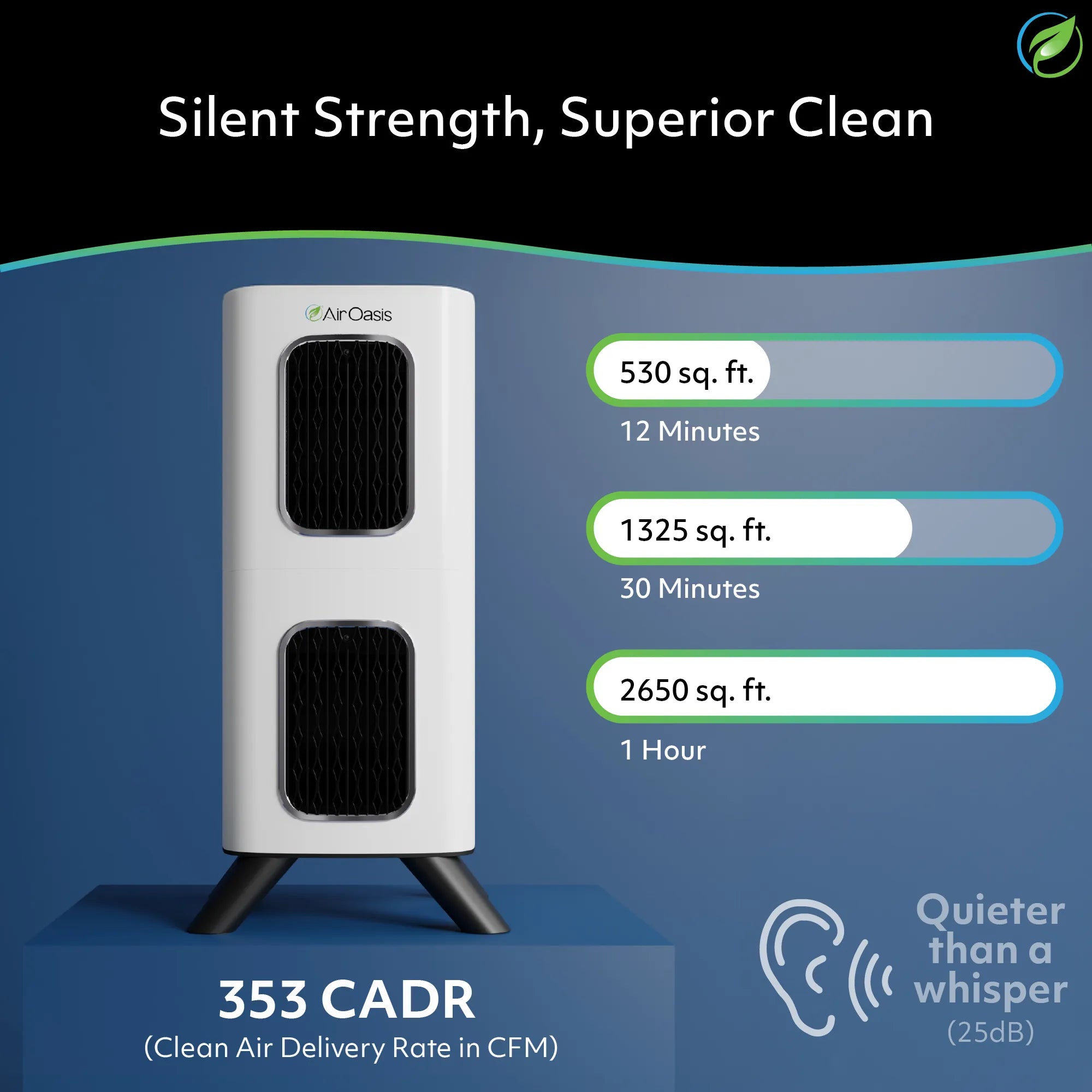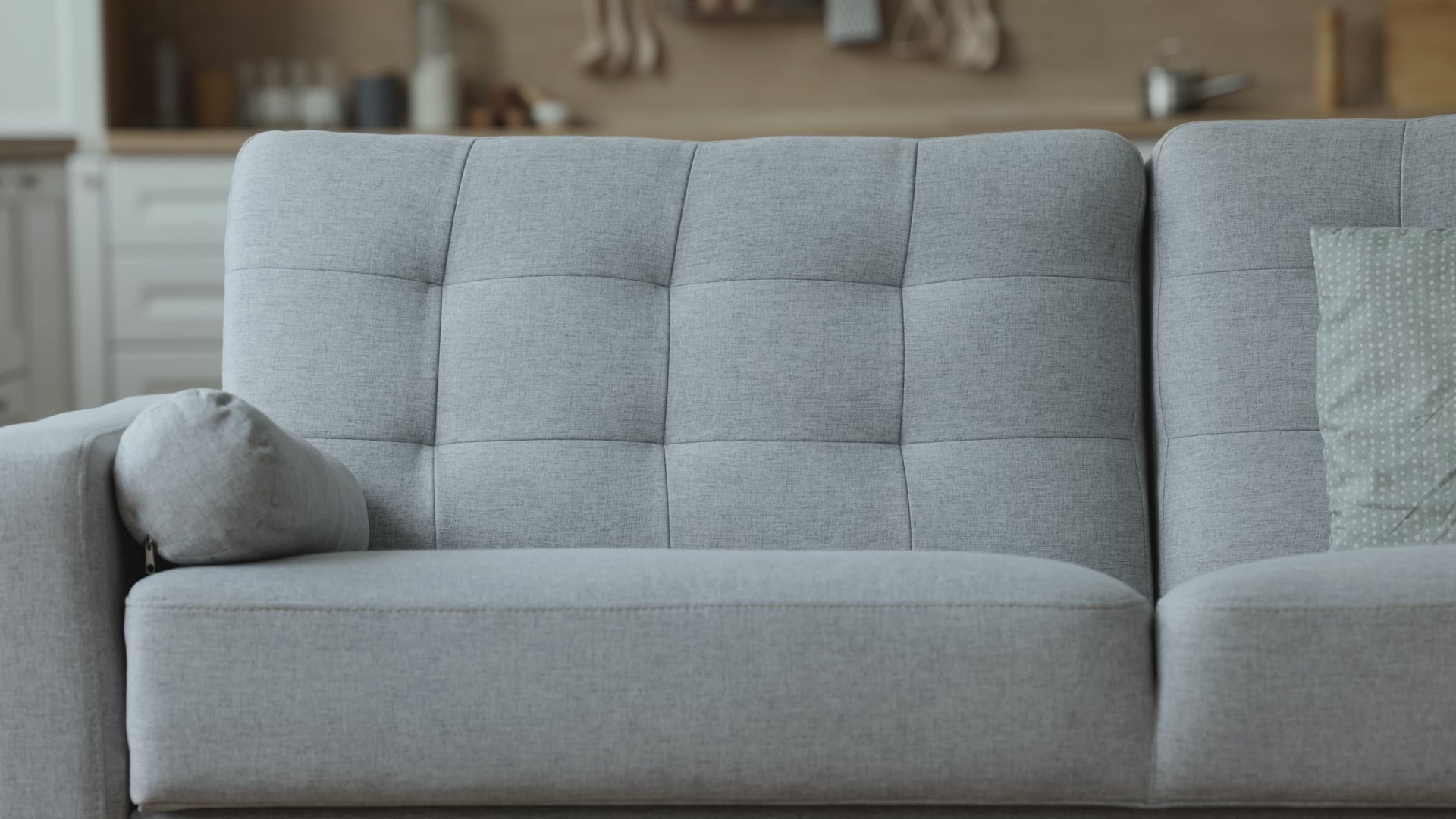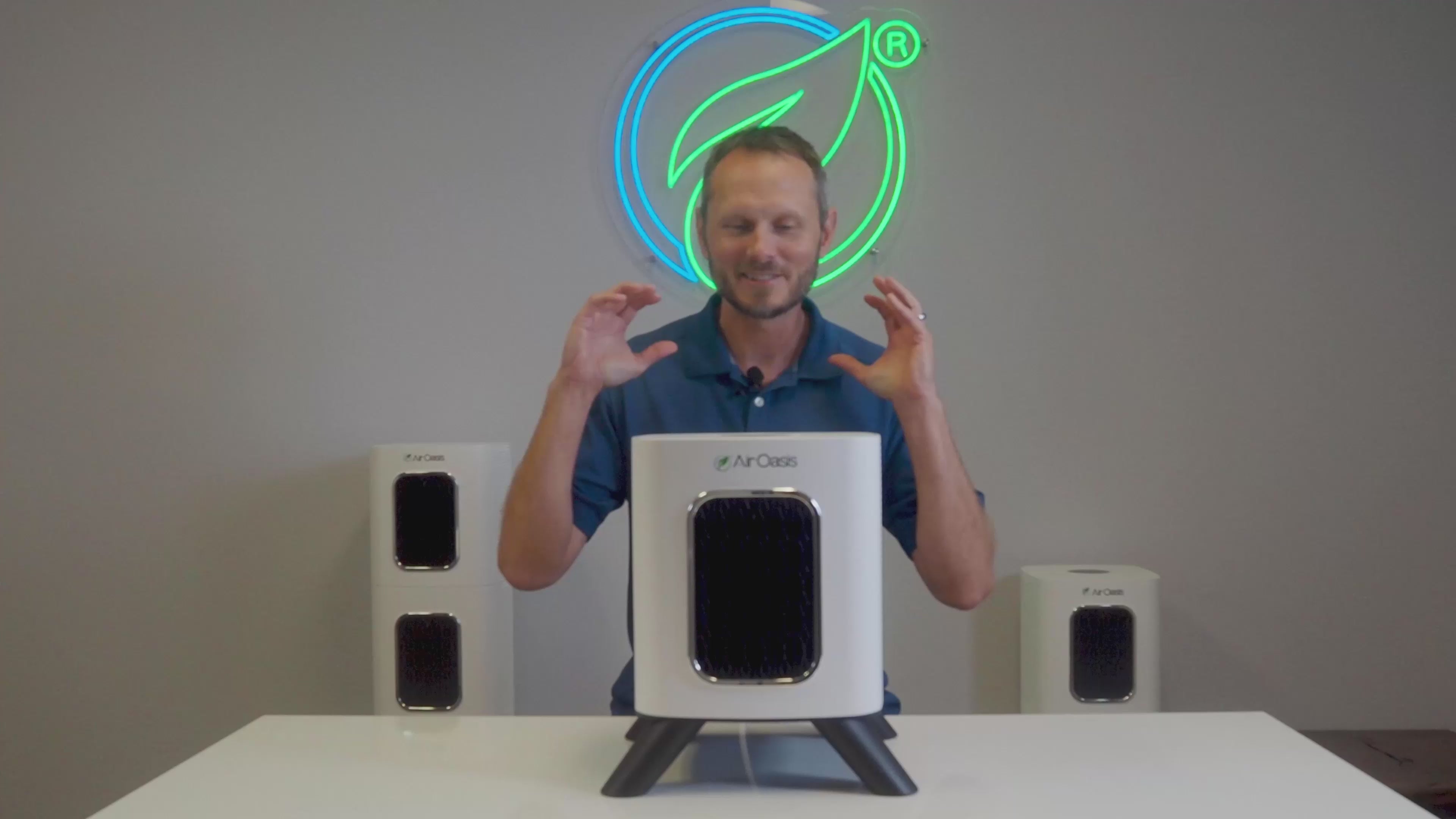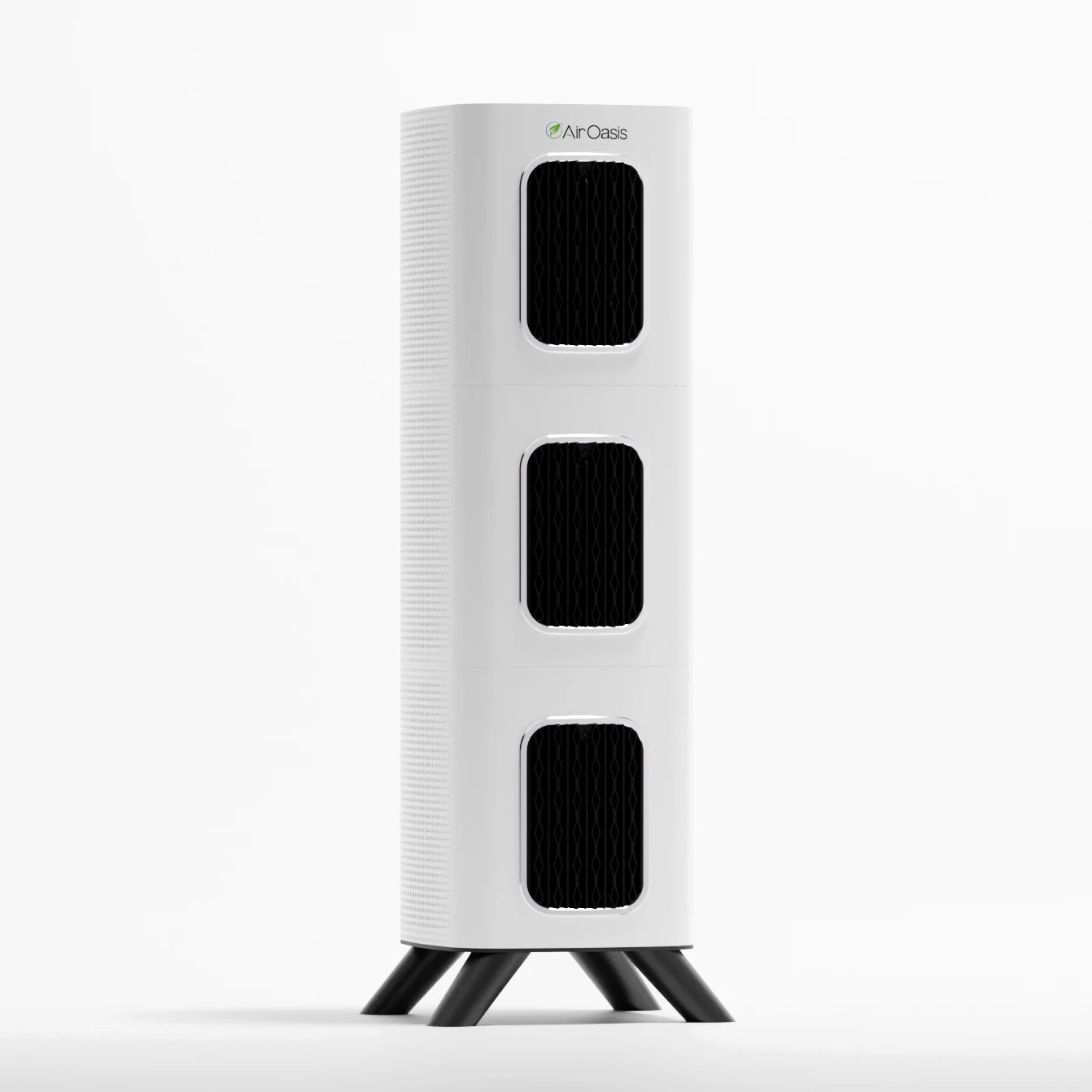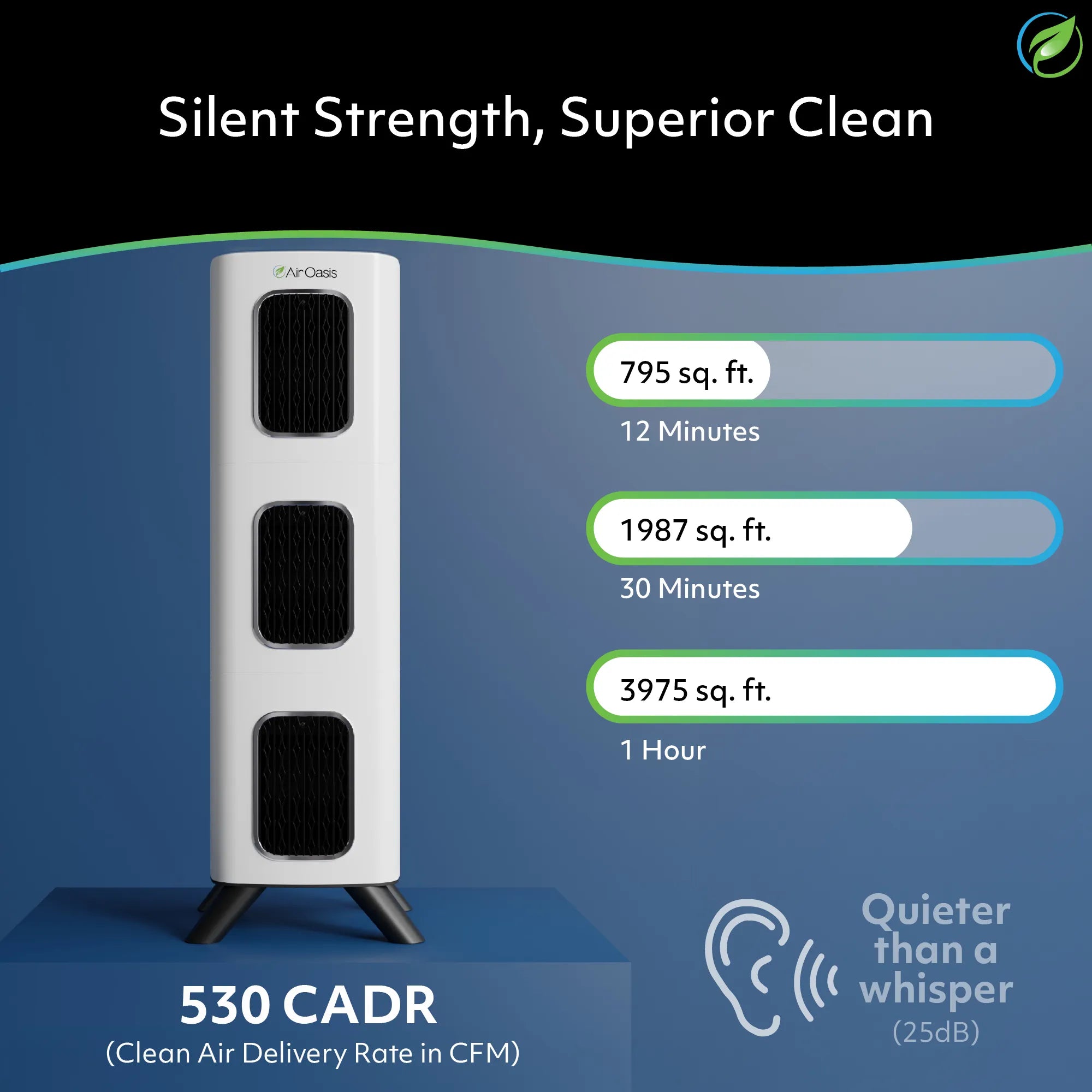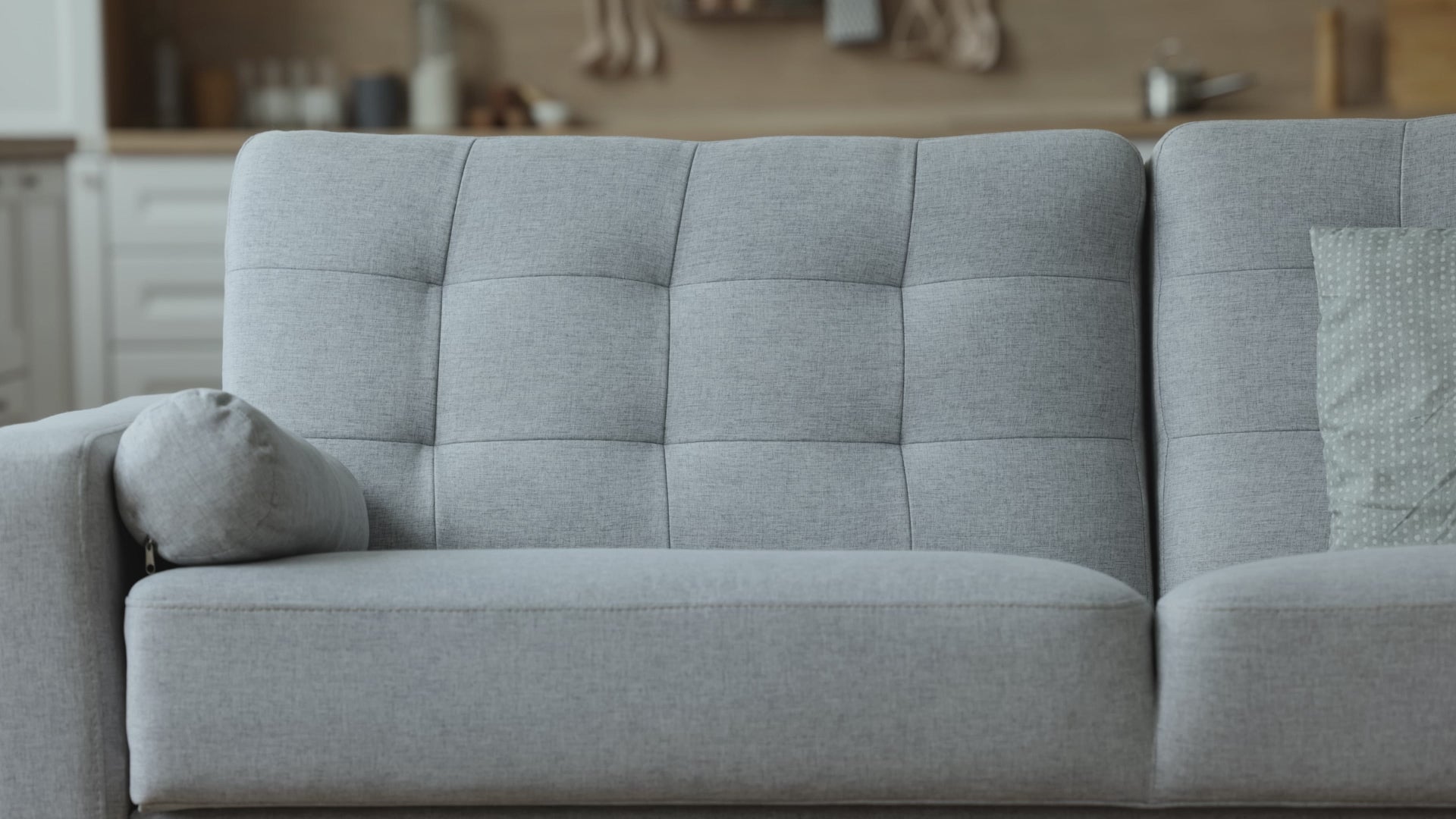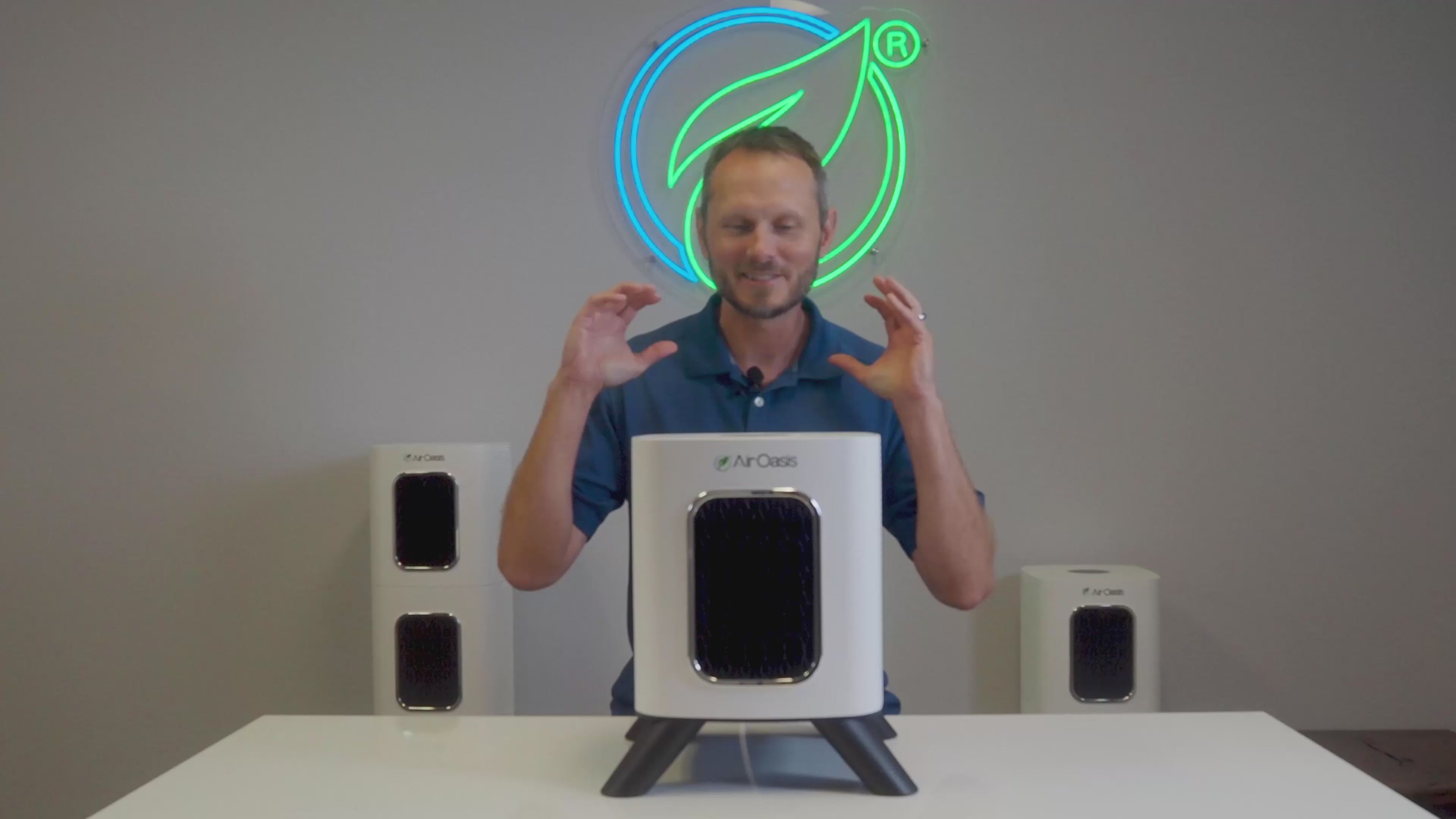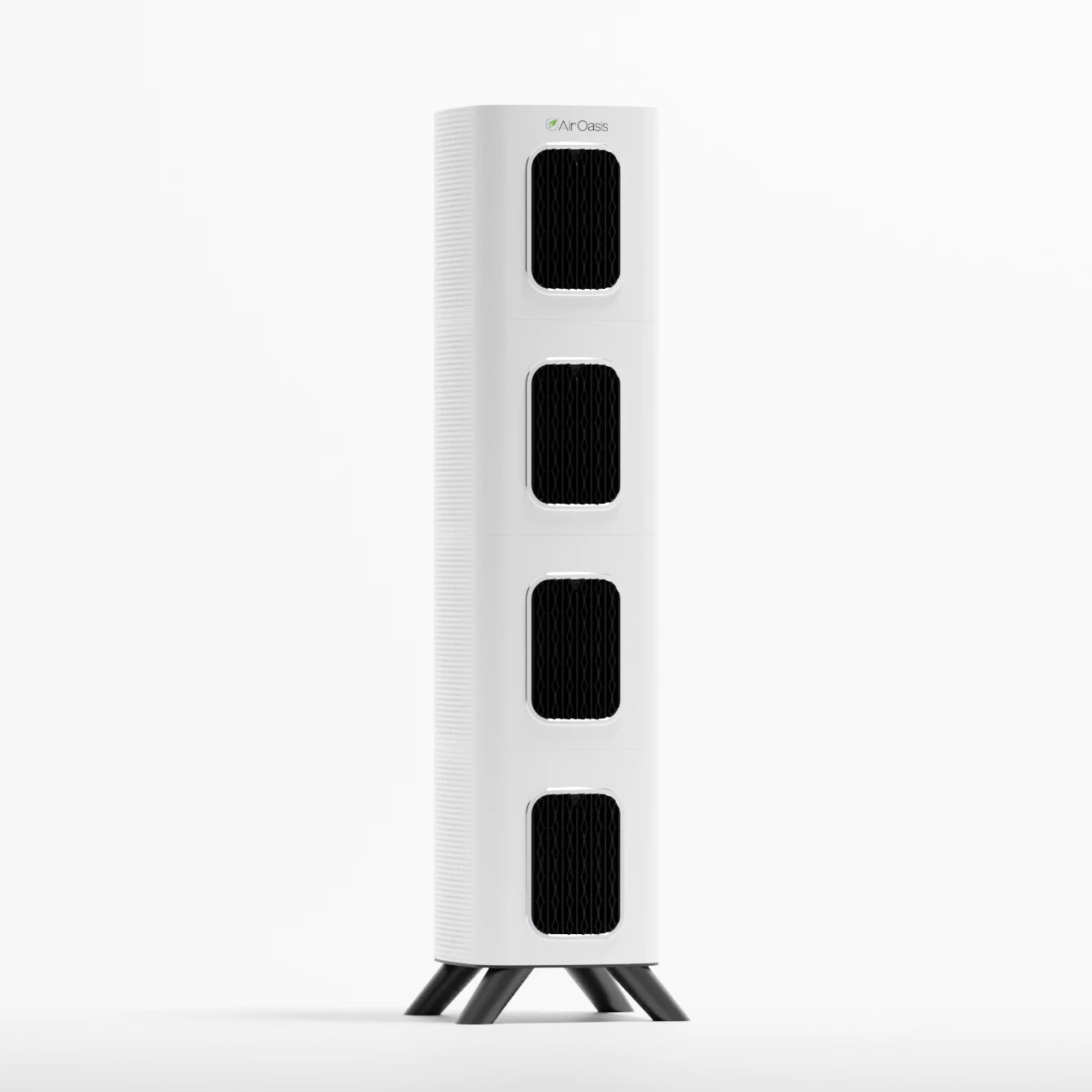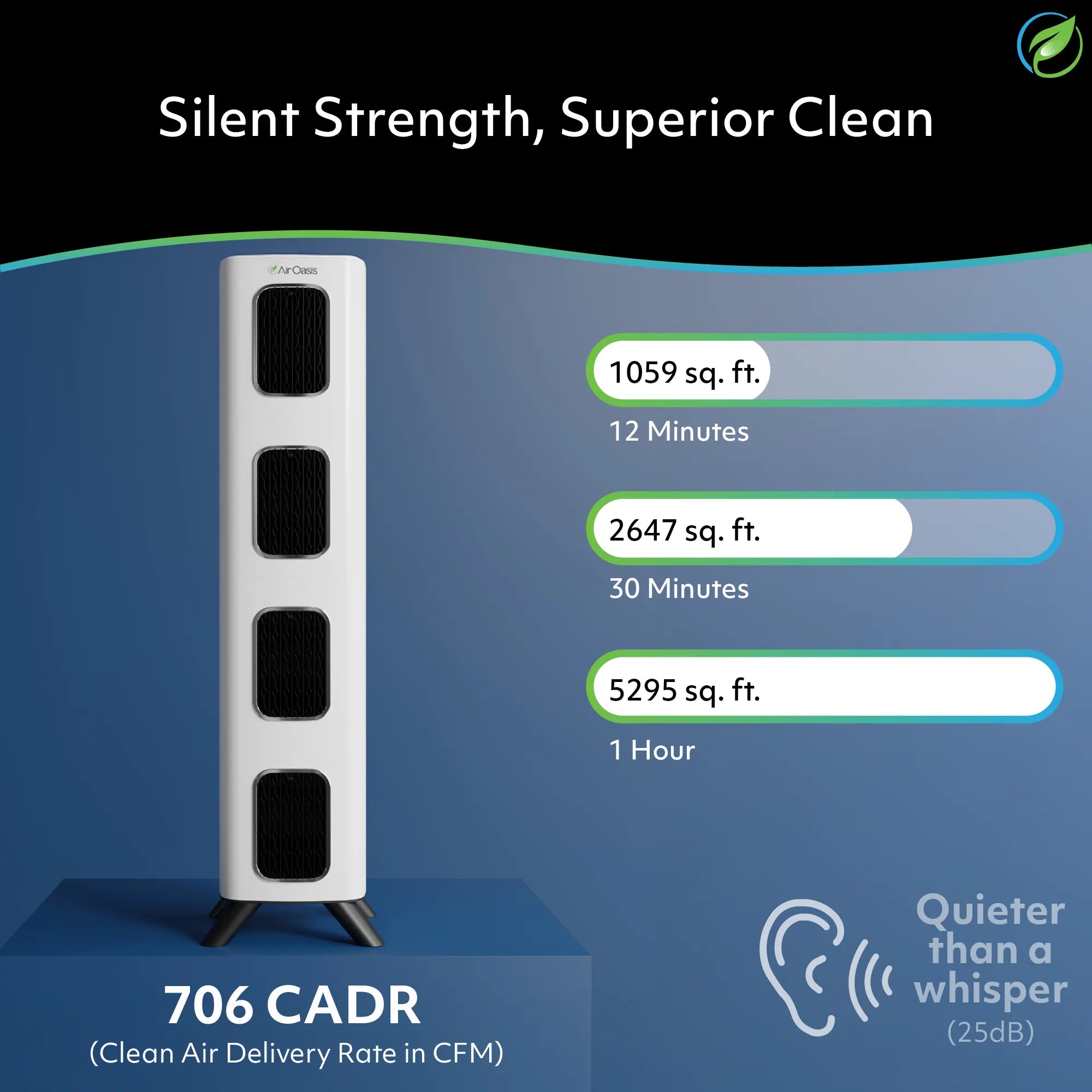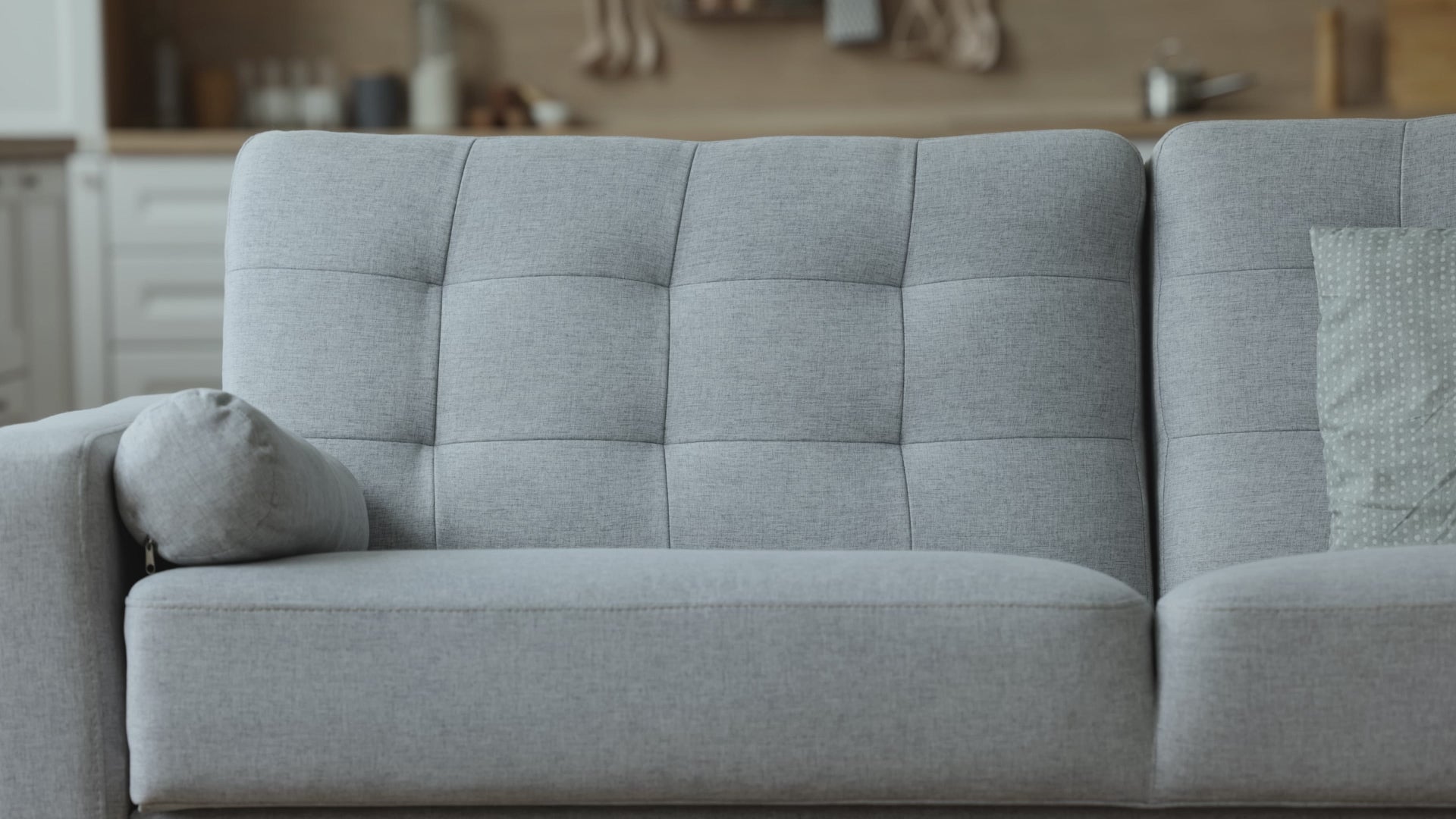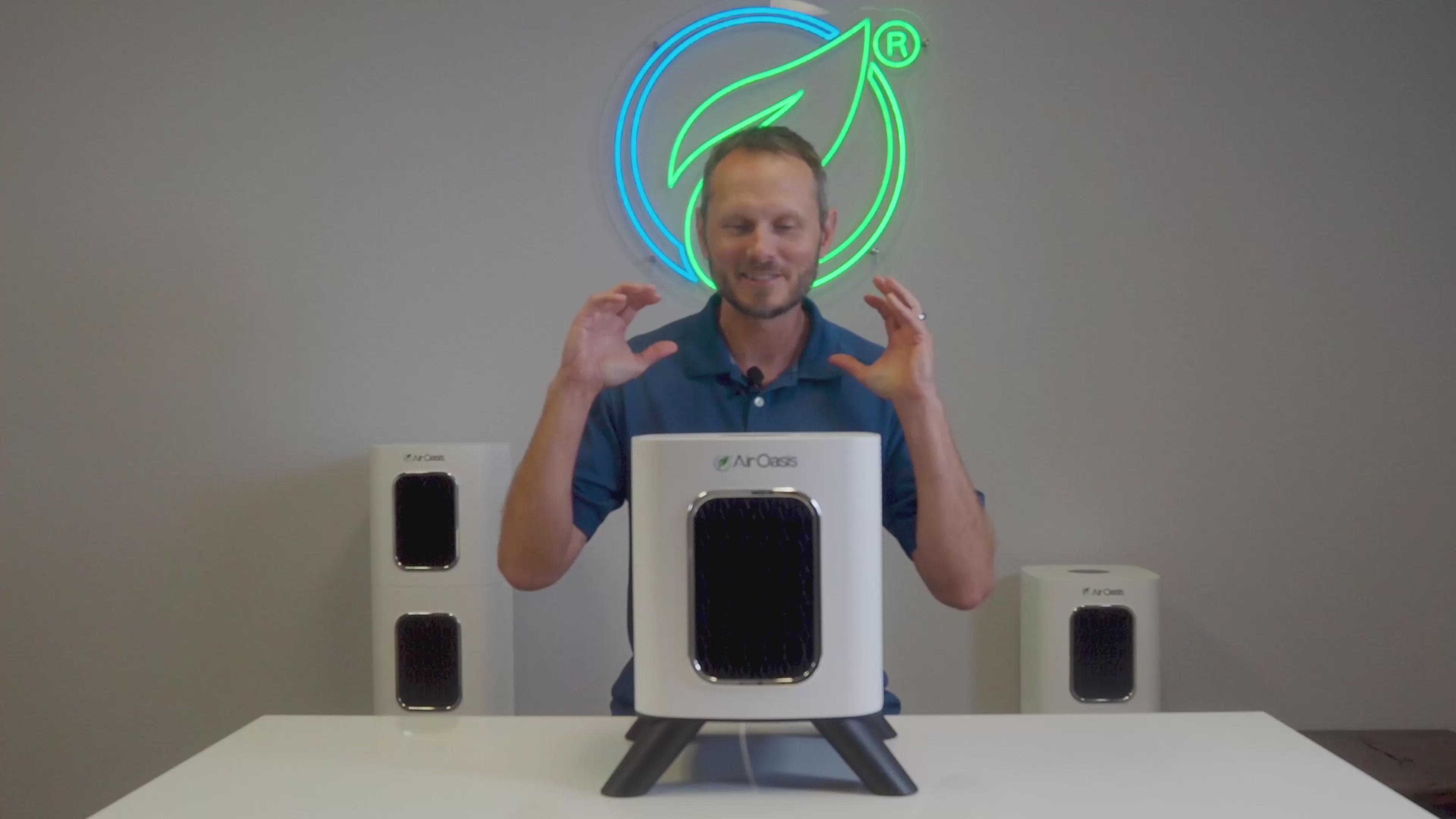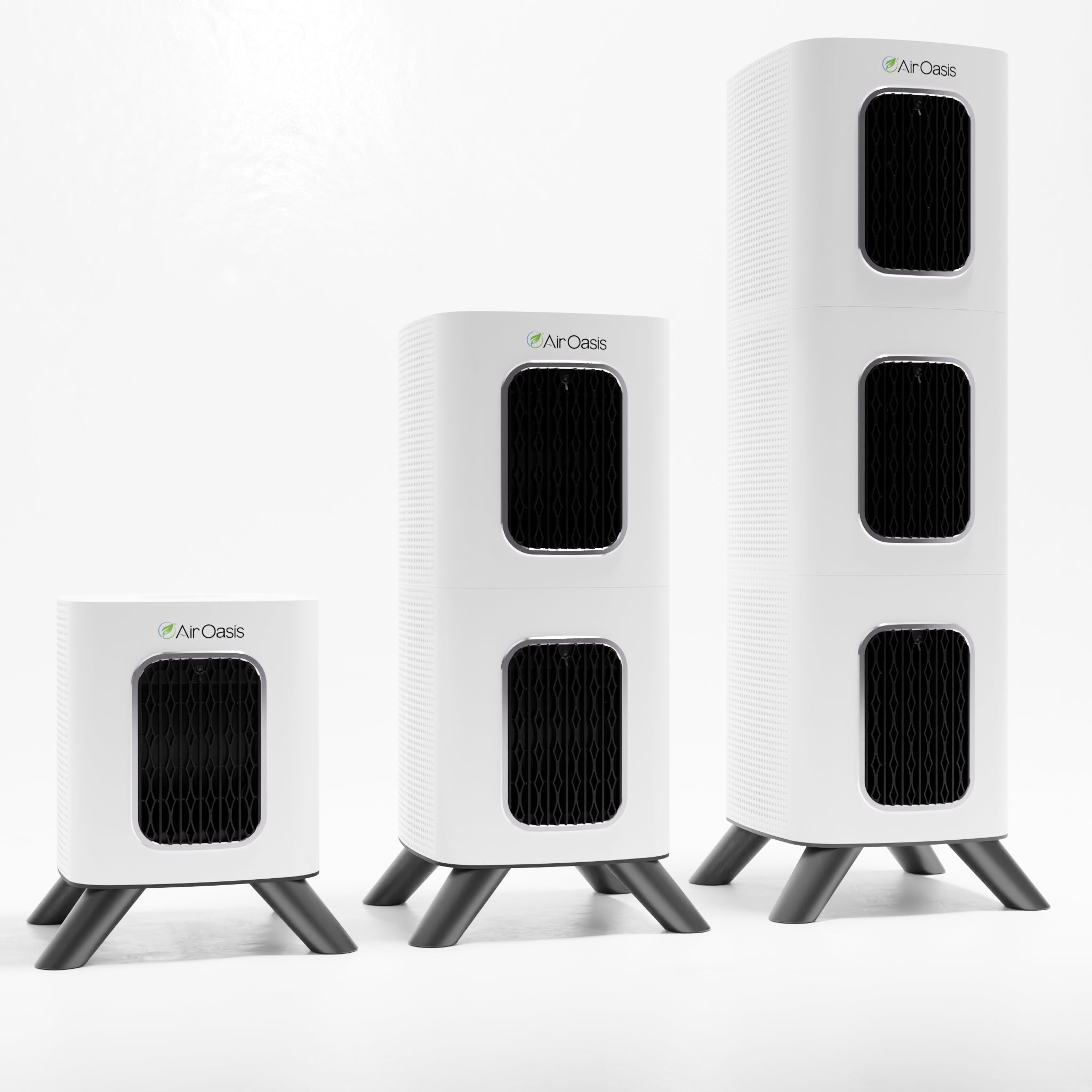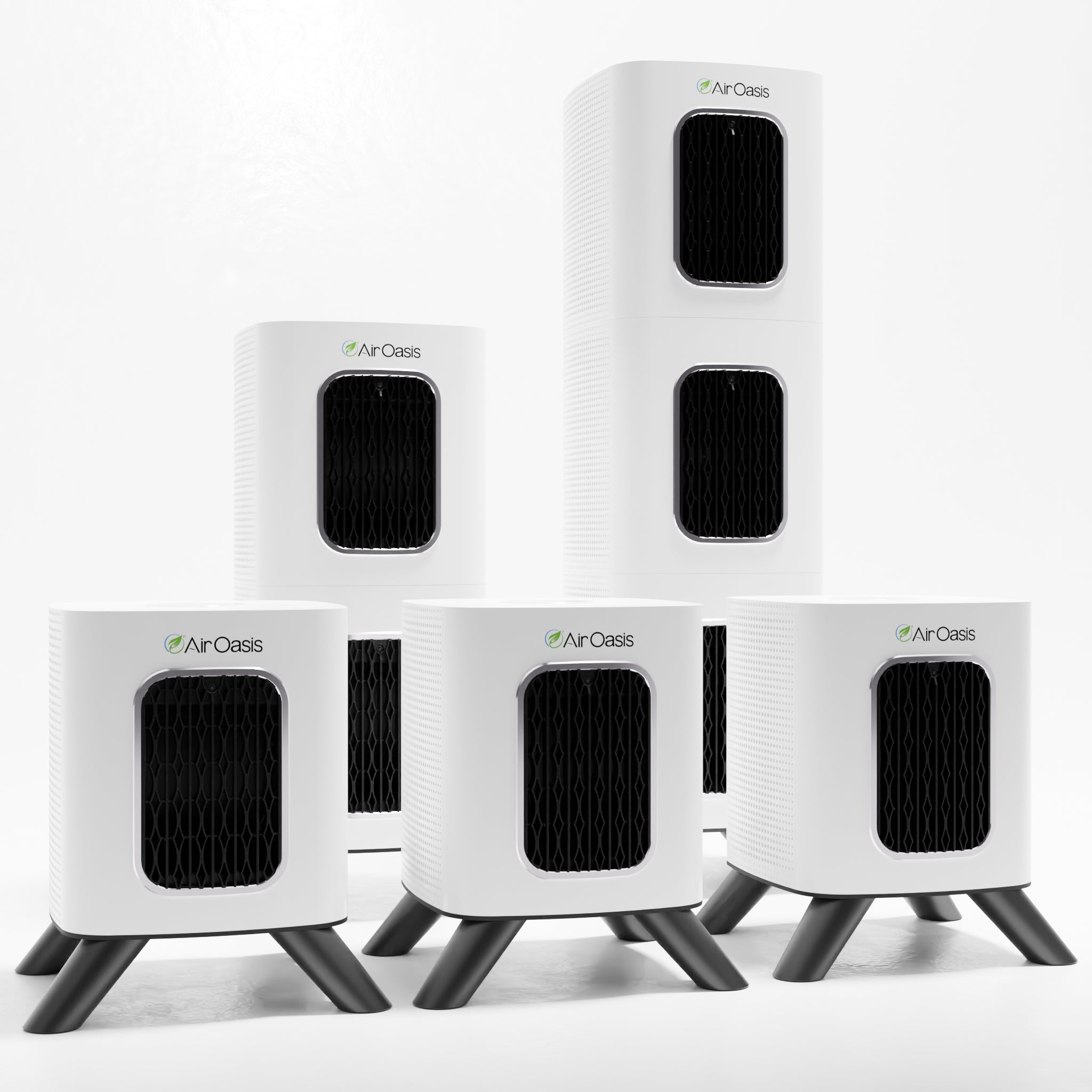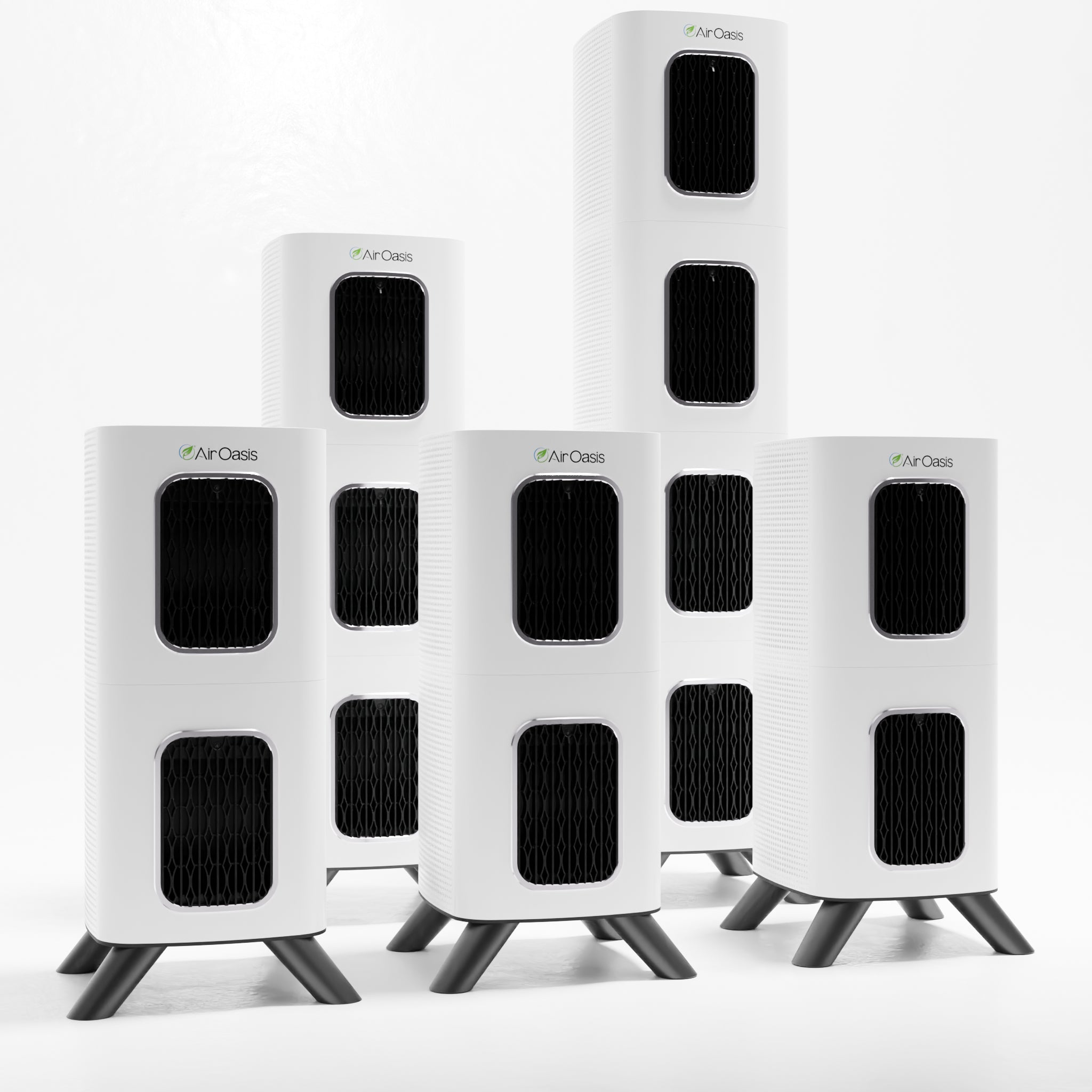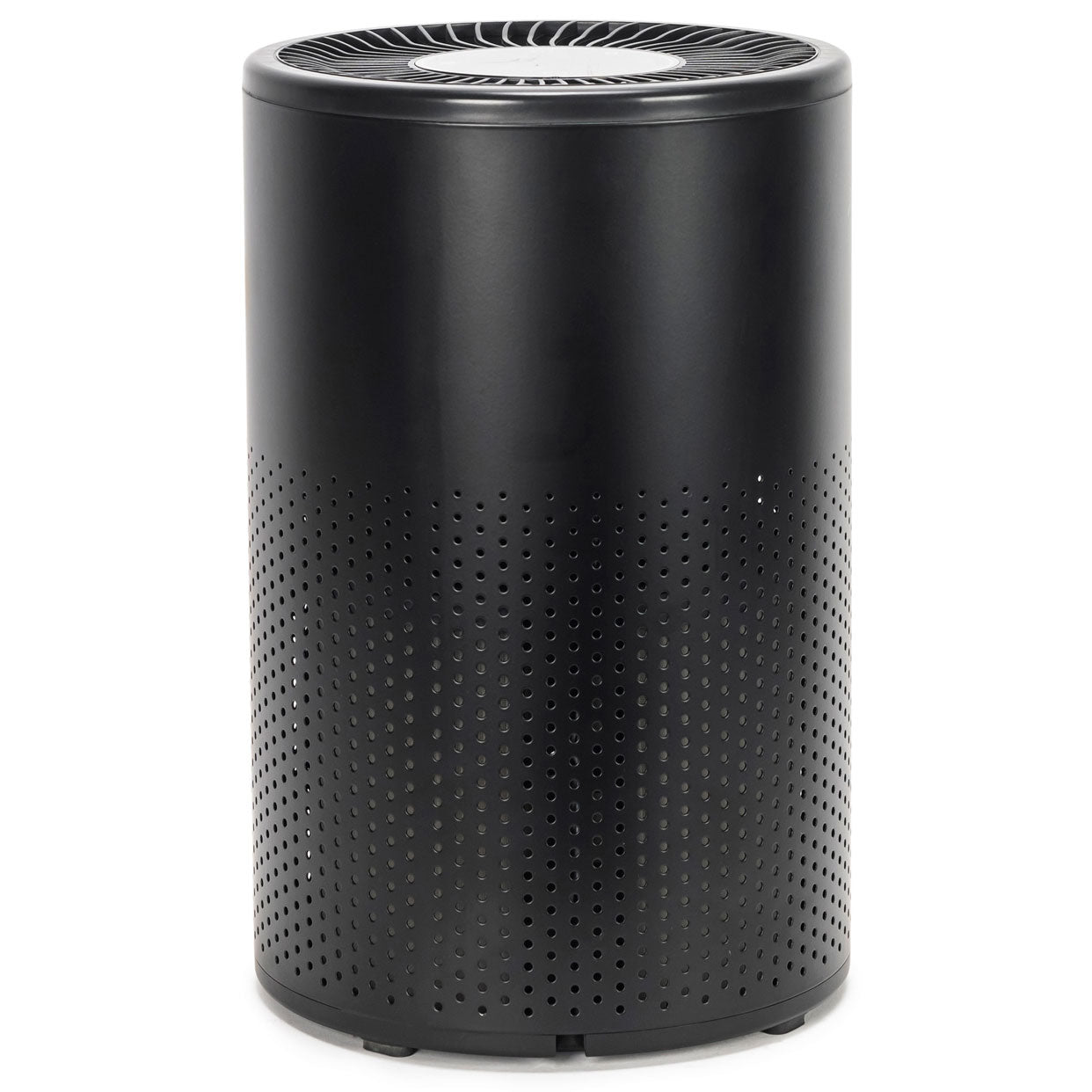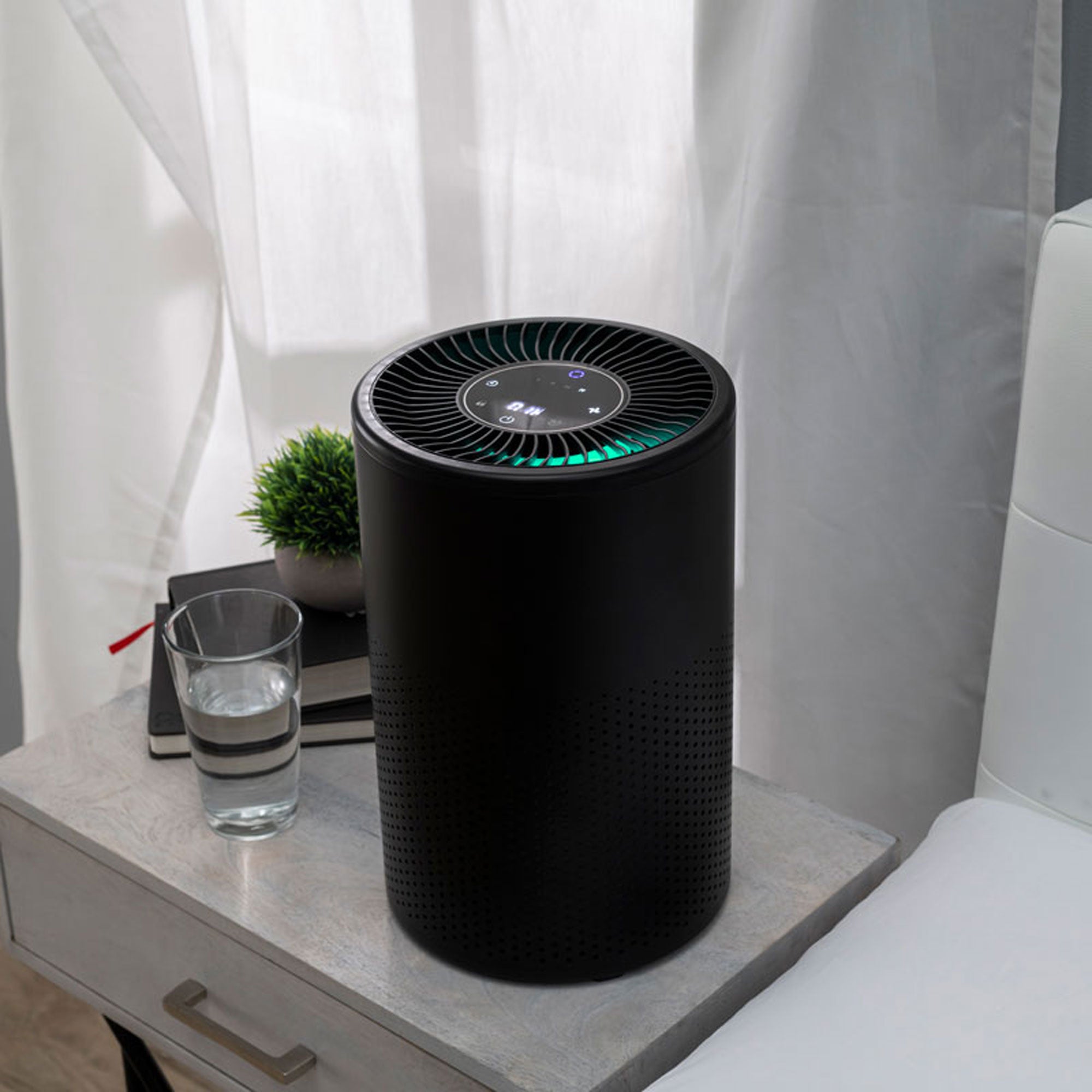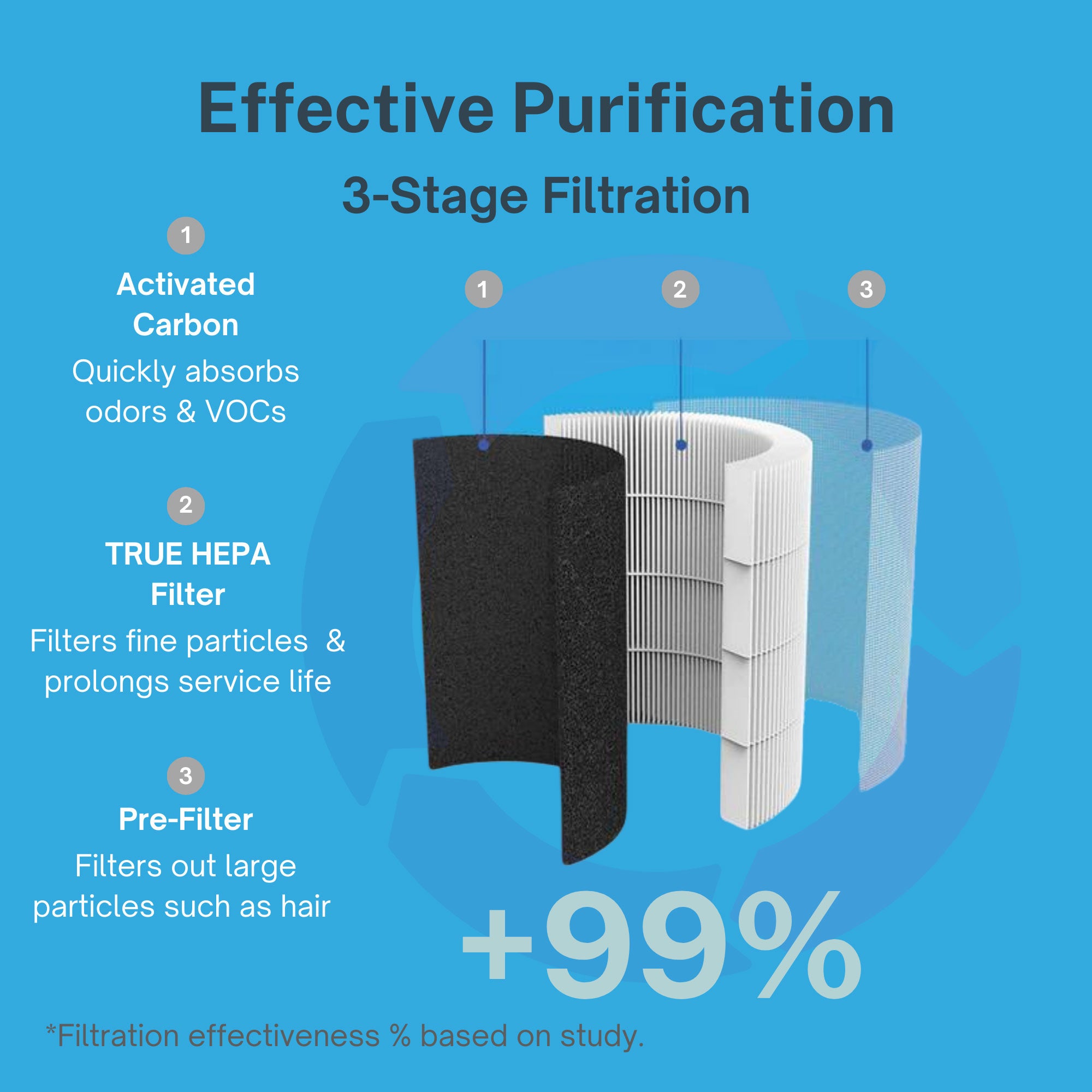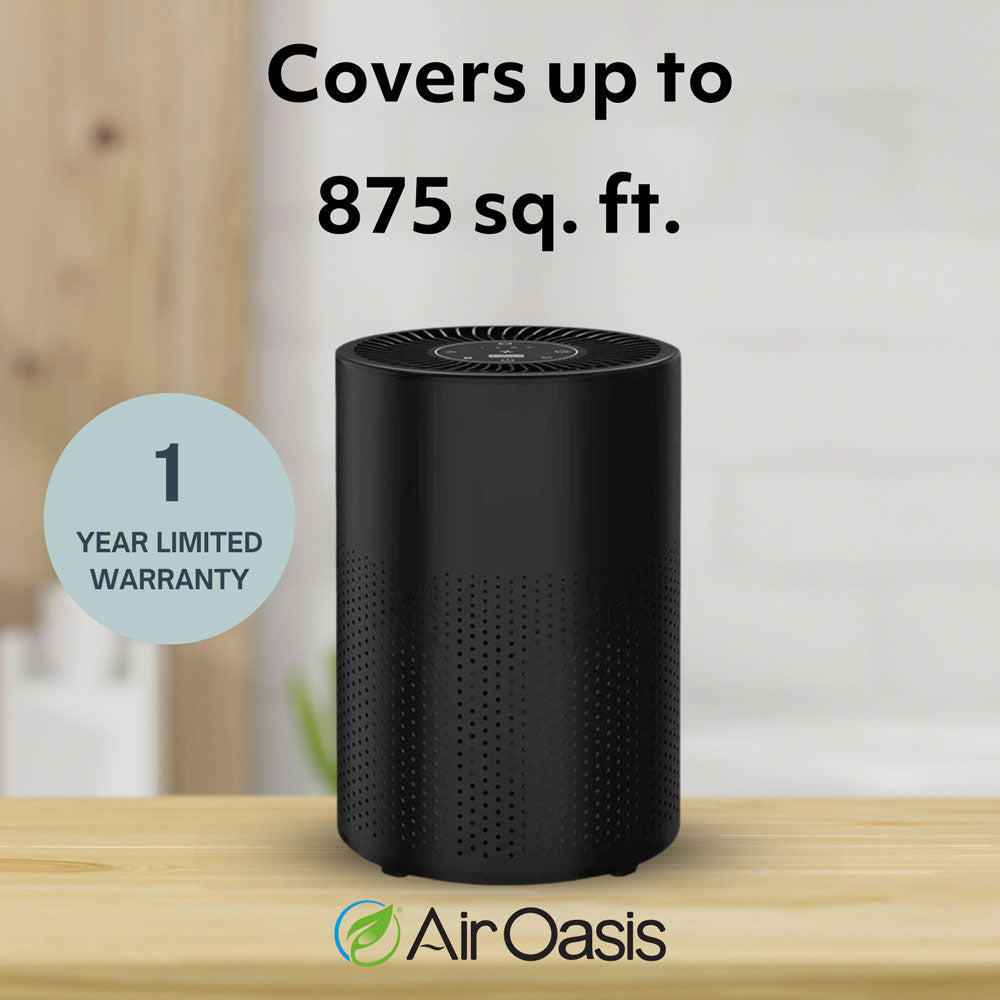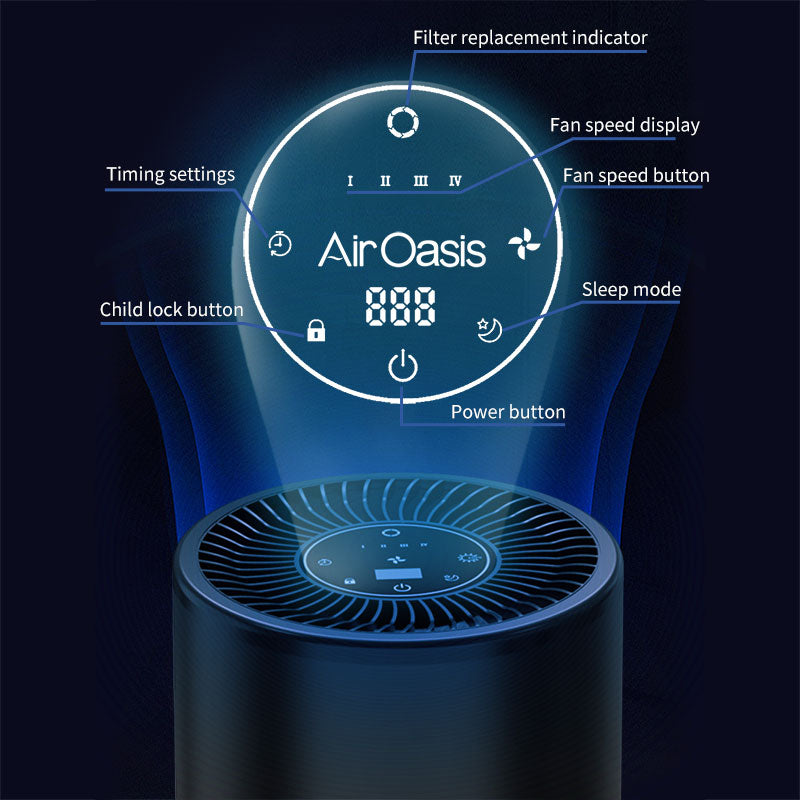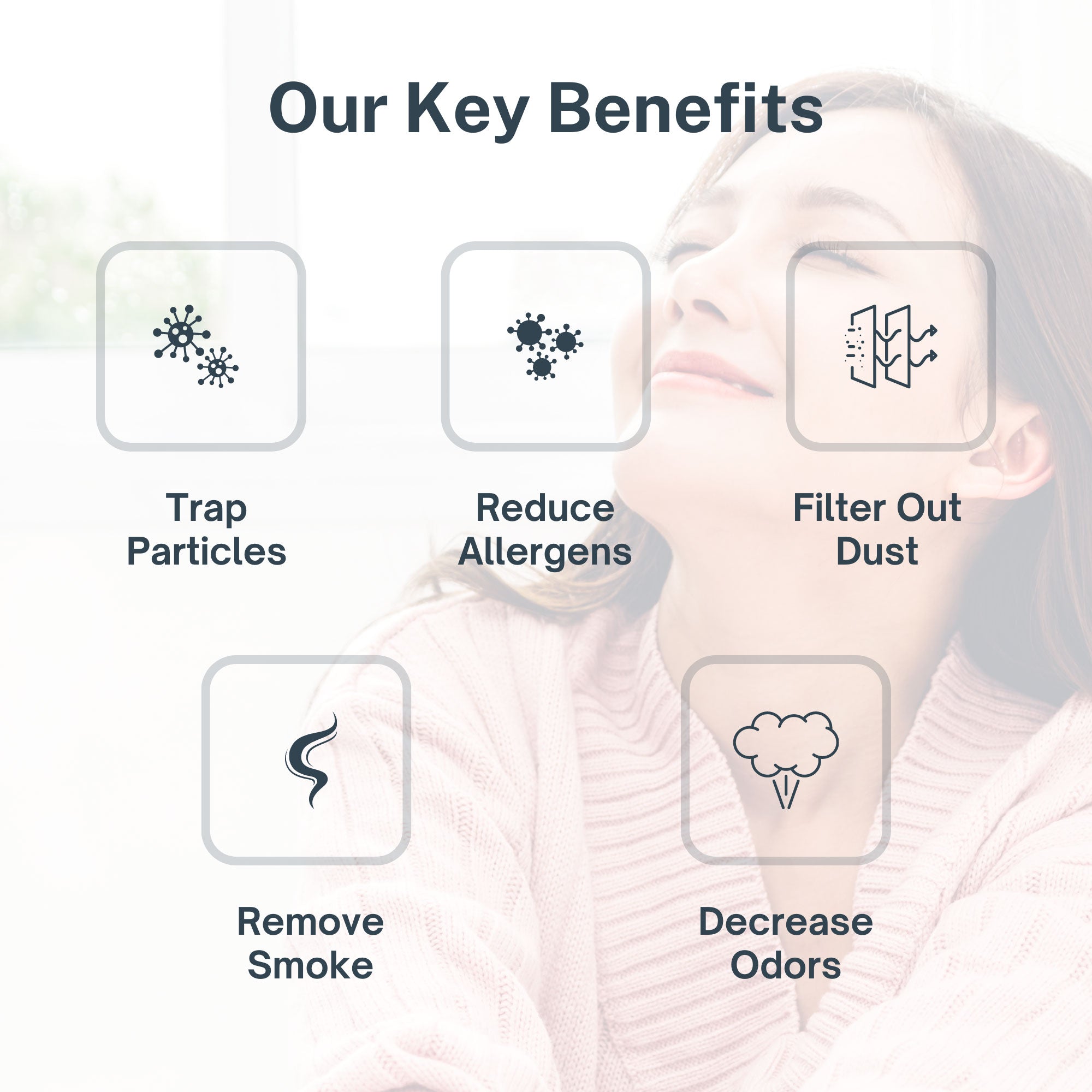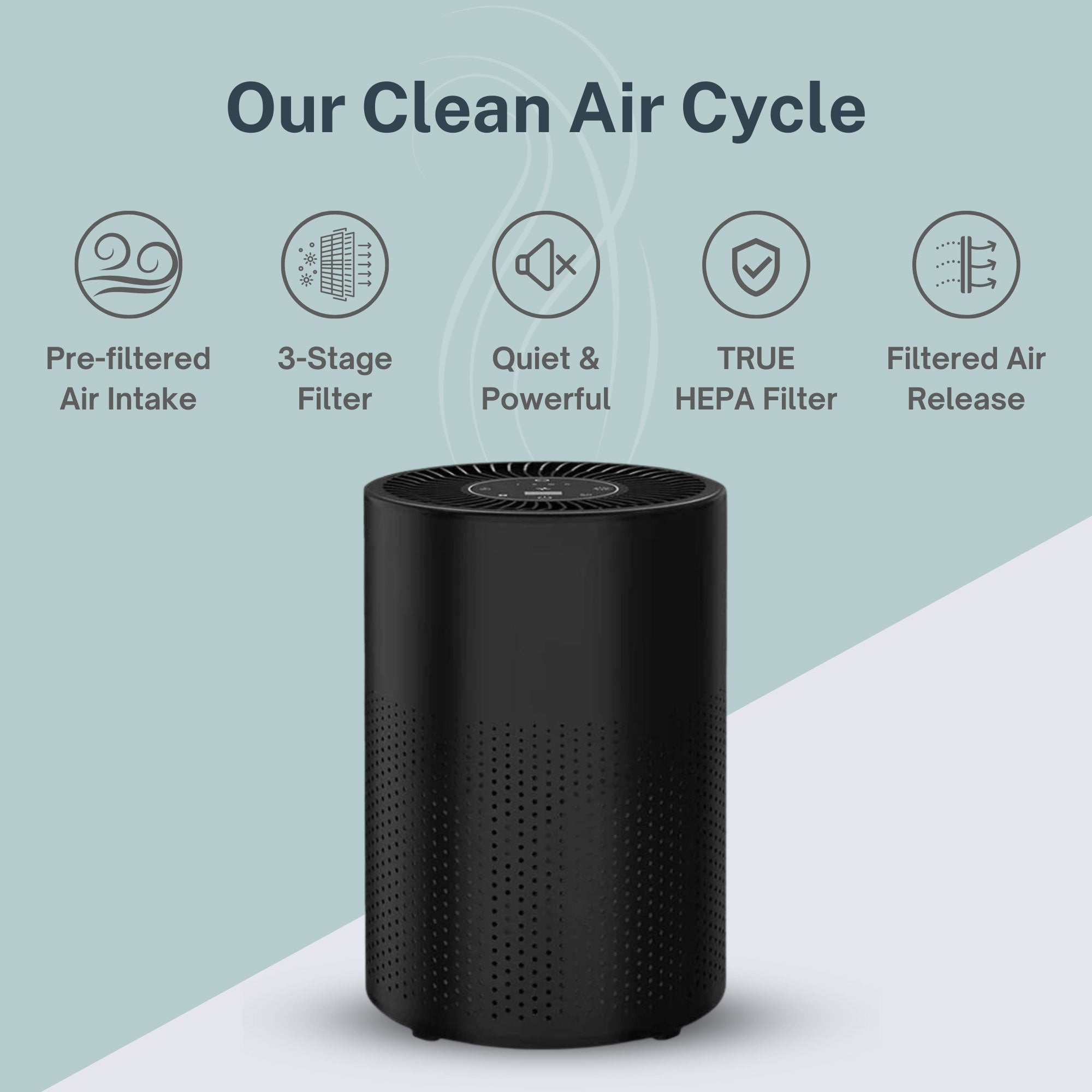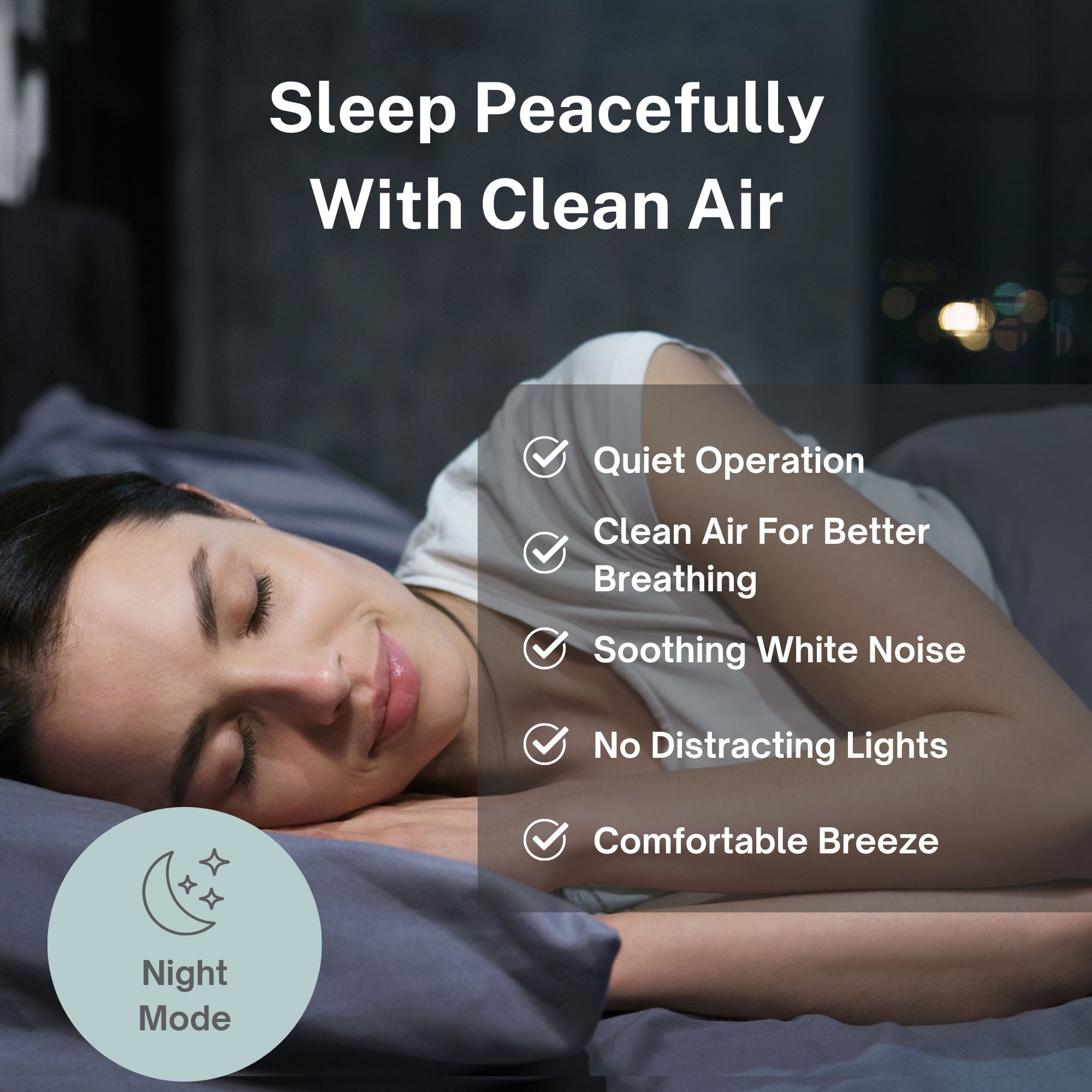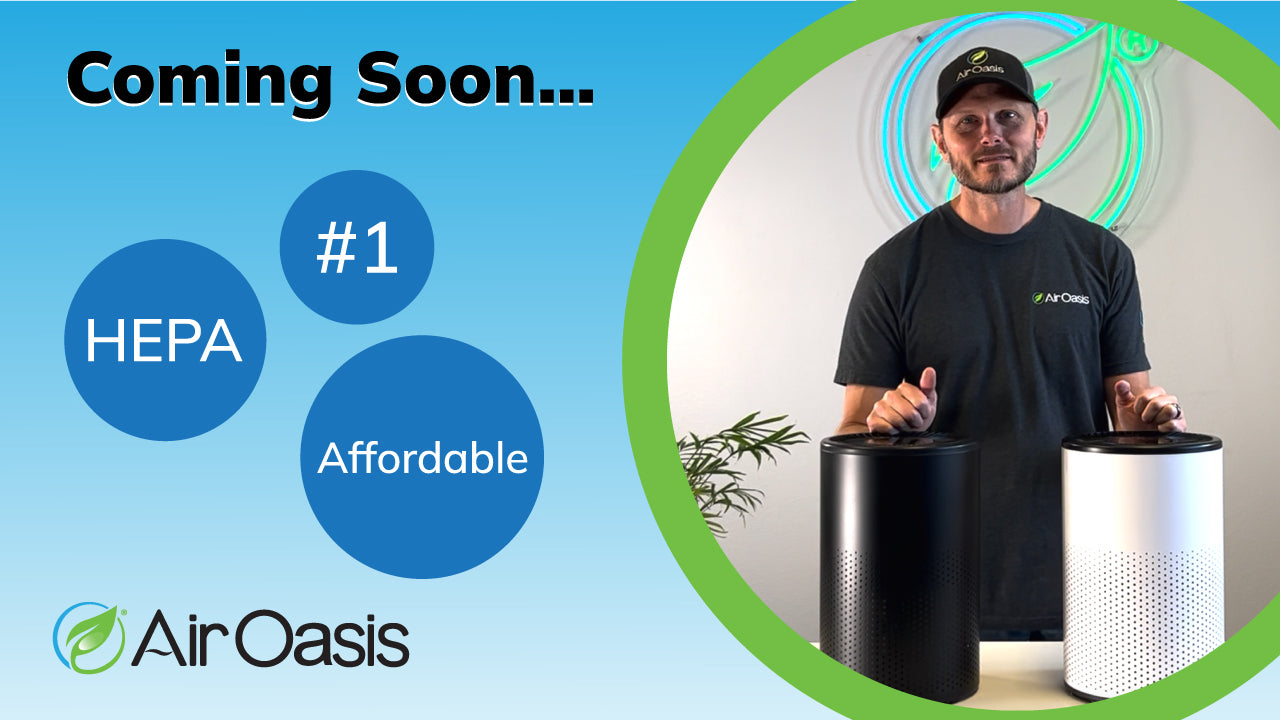Talking with your customers about their heating and cooling issues is likely something you do on a daily basis. After all, customers come to you for your expertise and trust that you will be able to identify, and resolve, any problems with their heating or cooling system in a cost-effective and timely manner.
On the other hand, talking to your customers about indoor air quality might be a new topic for you as an HVAC technician. Fear not, we’ve prepared this effective guide for you showing you the best ways to recommend air purifiers to your customers.
For many homeowners breathing in clean air, without any toxins or allergens, is more important than having the temperature just right in their homes. Which makes this topic relevant and easier to work into a conversation.
A key thing to remember, when you do bring up the topic of indoor air quality, is to outline the concerns related to contaminants and pollutants in the air. To get you started we've outlined some things to keep in mind when recommending a solution.
Want to know how you can add 6 figures to your bottom line? Check out this video to find out:
{{cta('be8c828f-1119-4c01-b18e-a84922848998')}}
Improve Your Product Knowledge
Step one for any HVAC tech is mastering the main points of indoor air quality and air purification. The more technical knowledge you have about the harmful effects of contaminated air and its solutions, the more informed you are to make the right recommendation at the right time.
Just as your conviction and professionalism gives your customers confidence in you and your solution, your vast knowledge on air quality and purification will give you the confidence to recommend the right purifier for the right customer.
You're probably asking yourself "so...how do I improve my knowledge?"
Great Question!
Training and information sharing are staples of professional learning, helping to ensure you and your technicians are up-to-speed on new technologies.
Attending conferences or educational experiences supplement traditional training and make sure the knowledge sticks.
Brochures or product sheets are also valuable learning resources to refer to. If you can thoroughly explain every item in a brochure, you’re much more likely to adequately showcase the need for high-quality air purification.
With regards to the brochures it's important to keep in mind that while leaving customers a brochure is helpful, you don’t want to simply hand it to them without having a discussion. Giving information to customers that they don’t understand can actually turn them off to the idea of spending on an additional solution. They need to be comfortable with the idea before considering spending their hard-earned money – even if a serious problem exists.
Technicians Must be Technicians First
While training technicians on how to approach air purification is a great idea, your customer experience must focus on HVAC needs first. The last impression you want to make is that you’re trying to pitch a sale. You don’t need sales training, you want to learn how to solve your customers’ issues and show them the value in their investment.
A simple way to do this is to start every conversation by trying to understand the needs of your customer. What systems do they have? What are they missing? What issues do they have? What might they want? Especially when it comes to air quality-related issues, there are telltale signs that indicate a need for air purification. Are air quality issues impacting their family, from allergies and asthma to odors and visible mold?
Asking the right questions will give you a better read on your customer and make you more confident in recommending the product you know they need. Before even talking about purchasing an air purifier, you should be able to tell that air quality might be a source of concern. From there, the strategy comes down to assessing the level of air pollution a customer has in their home.
Bonus Tip: Start questions with the word “what”. What questions will elicit thoughtful, detailed responses that give you the insight you need into your customers’ needs. Conversely, “is/are” questions elicit a “yes/no” responses and may intimidate less-experienced HVAC technicians who are left with how to maintain comfortable back-and-forth dialogue.
Propose Solutions of Quality & Value
Being a consultative solutions provider means learning about customer concerns and then solving them with your valuable solutions. However, newfound knowledge about air quality and purification isn’t a license to sell every customer.
Customers are satisfied when their individual needs are met and their problems are solved; they can also sense when you’re trying to “solve” problems that aren’t actually there. Overselling degrades trust in you and your company's reputation whereas consultative solutions, thoughtfully presented, build trust and lead to referrals.
Your customers want to know that they’re getting what they pay for. Only propose the highest-quality purification solutions and explain how they will address their air quality concerns. Most customers are willing to spend a little more for a superior product with fewer returns or warranty issues. Focus on highlighting the value of your solution.
Start Helping Your HVAC Customers
By using these guidelines, you will leverage the appropriate solution for your customers and solve their specific needs. If you need educational resources to learn about air quality and purification, we have plenty of helpful materials.
Click below to subscribe to our blog for more more insight on air purification. If you want to learn more about selling air purifiers, visit our resellers page.
{{cta('8e432f30-c87c-4560-b8d4-3b386b058fbb')}}

